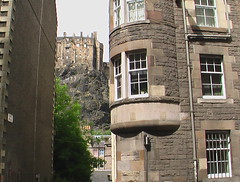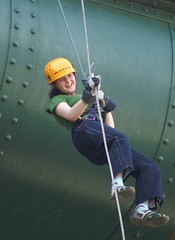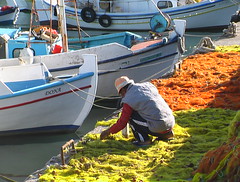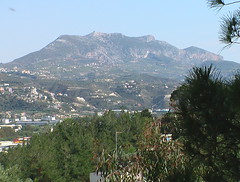Having just read the CIBER report, I was pleased to see Ian Rowlands was our second keynote speaker. Ian emphasised that not all of the “Google generation” are addicted to technology, in fact only 20% are “very wired”, 60% are “fluent” and 20% are “digital dissidents”, turning thier backs on technology. He cited the Ofcom report which states that silver surfers use the internet at least 4hrs a week more than GGs (certainly true in my house!). Ian also talked about power browsing – people viewing rather than reading and buzzing around rather than settling on websites. he feels that abstracts are becoming increasingly important and that maybe in the future full text will become redundant for most people.
One of the issues Ian touched upon was that young people no longer have a mental map of the library as an interconnected holistic organism and no sense of the interconnectedness of the internet. He didn’t link this to their information literacy though and to me that’s part of what being information literate is all about, understanding your information environment. In fact, I was disappointed that in the discussion afterwards, many of the perceptions of information literacy which were expressed seemed to demonstrate an information skills perception (and most of the people there were university librarians or deputies, so this is a bit worrying!)

Edinburgh Castle peeping through buildings






